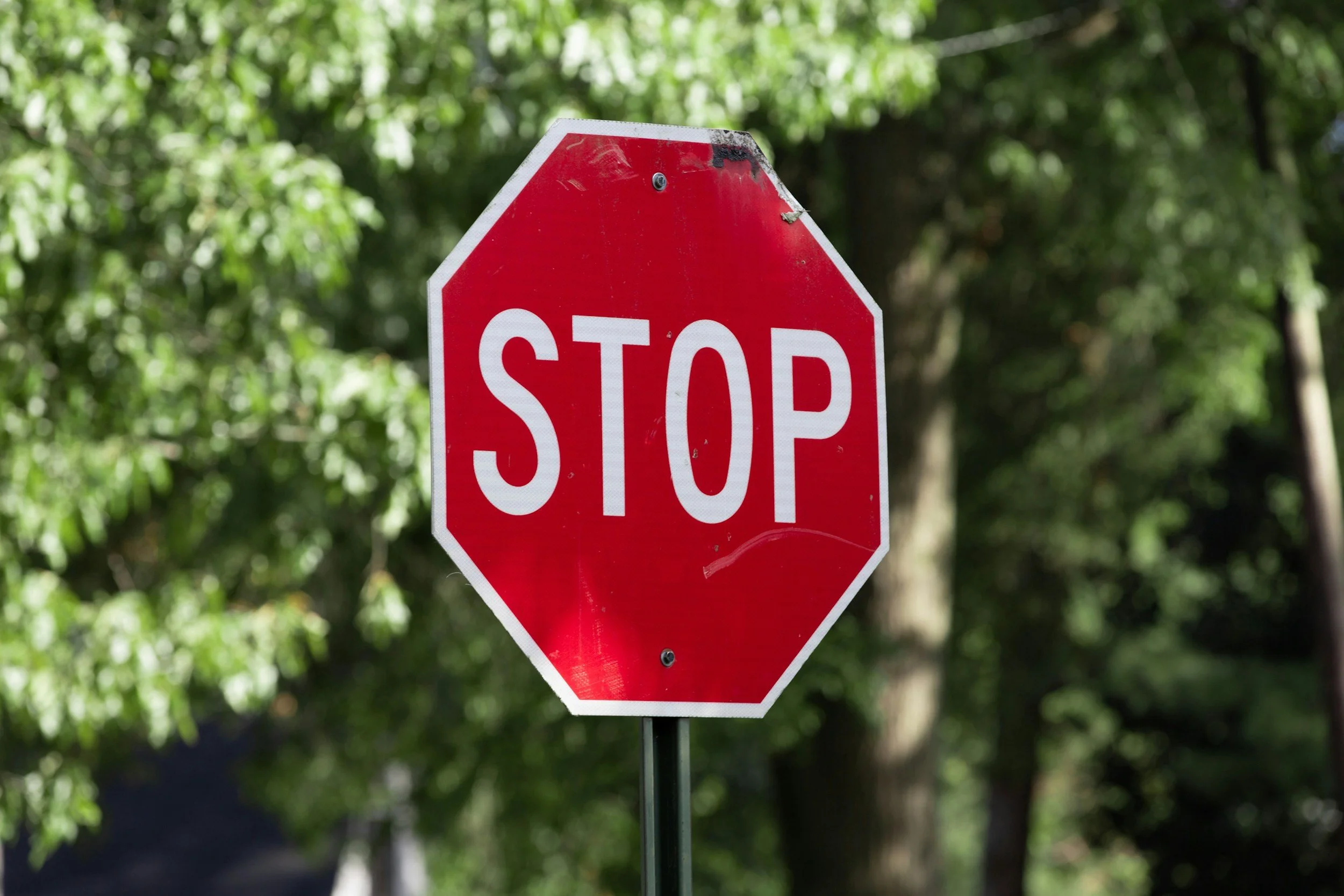
Preparation
Be Prepared: Protect Yourself, Your Family, and Your Community
Emergencies can happen with little warning—whether it's a hurricane, winter storm, wildfire, or something unexpected. Being prepared helps protect you, your loved ones, and the community. This page will walk you through what to think about before an emergency happens, and how to stay safe and connected when it does.
Stay Informed
Sign up for Everbridge Emergency Alerts to receive real-time notifications by text, email, or app. This system keeps Millbrook community members up to date on local emergencies, severe weather, evacuations, and important instructions from authorities.
Emergency Preparedness Checklist
Here’s a simple guide to help you prepare in advance:
Important Documents
Make copies and store them somewhere secure, like a waterproof folder in your emergency kit or a digital backup:
Home and property insurance papers
Vehicle ownership, lease, or loan documents
Passports and birth certificates
Social Insurance Numbers (SIN)
A list of important phone numbers
Current prescriptions and a list of medications
Contact information for doctors and health providers
A detailed inventory of valuable items in your home
Know the Emergency Plans at…
Your Workplace — Find out what the emergency procedures are where you work. Know what to do if you need to shelter in place or evacuate quickly due to a storm or other hazard.
Your Child’s School — Make sure you understand how your child’s school or daycare handles emergencies. Designate at least one or two trusted people as alternate pick-up contacts, and keep that information up to date with the school.
Plan for Your Pets
In many emergency shelters or hotels, pets are not allowed. Have a plan for them, too:
Identify friends or family outside the community who can take them in
Keep a list of pet-friendly hotels or boarding kennels
Pack pet essentials in your emergency kit (leash, food, medications, etc.)
Special Health Needs
If you or a loved one has mobility challenges, medical conditions, or uses assistive equipment:
Set up a personal support network—trusted neighbours, family, or friends
Make sure they know your needs in an emergency
Keep a supply of medications and health documents in an accessible spot
Safe Home, Safe Family
There are simple steps you can take to make your home safer in case of fire, storm, or power outage.
Safety Equipment to Have on Hand:
Smoke and carbon monoxide detectors (test regularly)
Fire extinguishers—one on each level of your home and especially in the kitchen
A well-stocked first aid kit
Make sure everyone in the home knows where this equipment is kept and how to use it. Older children and adults should know how to shut off:
Water
Electricity
Gas (only if instructed by emergency officials)
Label shut-off points clearly with big, easy-to-read signs.
Teach children how to call 9-1-1 and how to reach your designated out-of-town contact. If phone lines are busy during an emergency, keep calls brief and limited to urgent needs.
If You’re Told to Evacuate…
Evacuation orders are only issued when there is a real threat to your safety. If you’re asked to leave your home:
Bring with you:
Your emergency kit
Wallet, ID, and copies of key documents for each family member
Cell phone and charger or backup battery
Any necessary medications
Pet supplies, if you have pets
If possible, let your out-of-town contact know where you’re going and when you expect to arrive. Once you’re safe, check in again. If time allows, leave a note at your home stating when you left and your destination.
Only turn off water or electricity if instructed. Leave natural gas ON unless officials say otherwise—turning it back on can only be done by a professional and may take time.
Lock your home before you go. Follow designated travel routes and instructions from authorities. If you’re going to an evacuation centre, check in at the registration desk when you arrive. This helps keep track of everyone’s safety.
Do not return home until officials confirm it’s safe.
Preparedness is a Community Effort
The more each of us prepares, the safer all of Millbrook becomes. Take time now to make your plan and help others—especially Elders, youth, and community members with special needs—get ready, too.
Need help? Contact the Millbrook Emergency Management Office or visit the Administration Office for resources, printed checklists, or assistance with your emergency planning.
